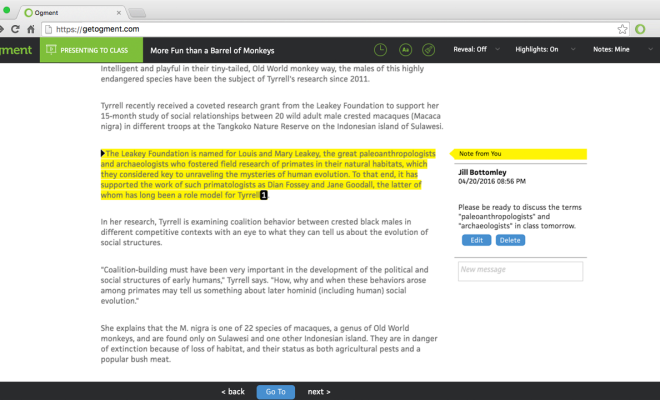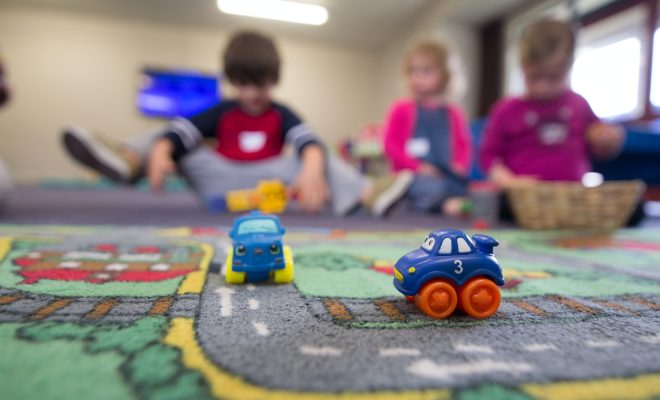Learning Apps for 11-year olds

Are you looking for learning apps, tools, and resources that you can use with 11-year olds? If so, we have you covered. Check out our list below. Let us know if there are any that we missed.
Marble Math– With Marble Math, children aged nine through twelve will learn mental math and solve math problems. With mazes, marbles, and math, your child can have hours of fun and become a math genius at the same time. There are puzzles and fun around each turn in the maze, so never be afraid to forge ahead. The app also allows you to go back to previous problems and redo them if needed.
Pathbrite – This is an online system that allows students to create digital portfolios easily, teachers can assess students, and institutions can refer to their portfolios. New signups receive how-to videos for professional portfolios. The materials can be uploaded from mobile, PC, Google Drive, YouTube, Facebook, etc.
Typing Quest – Typing Quest is a tool that helps children in grades K–12; it consists of over 20 hours of lessons, custom typing exercises, and five typing games. Teachers can use default or custom texts for assessment at the end of learning experiences. The curriculum is split into three parts: Introduction, Home Row study, and other parts of the keyboard. Errors in typing are reflected in the final score, but students proceed regardless of their performance.
GameStar Mechanic– GameStar Mechanic, which was created for seven- to fourteen-year-olds, can be used by anyone. It is a community and a game developed to introduce principles of game design and systems in a highly interactive environment. The features included in this app makes it easier for kids to play it alone or with their parents.
iTalk2Learn– iTalk2Learn is a math tutoring app that uses cutting-edge technology to ensure that students learn more naturally. This app is the result of a three-year collaborative European project to create an open-source intelligent tutoring platform that reinforces math learning for 5- to 11-year-old students. This will enable educators to deliver the correct lesson at the right time.
Smiling Mind– Developed by educators and psychologists, Smiling Mind is a mindfulness meditation program. It has both a web and app-based interface dedicated to helping people deal with the pressure and stress of everyday life. There are a variety of tailored programs for different age groups and challenges, including sports, mindfulness in the classroom, 7-9 year olds, 10-12 year olds, 13-15 year olds, and 16-18 year olds. Smiling Mind’s app allows you to track progress and offers a variety of different meditation lengths to meet your students’ individual needs.
Quandary– Welcome to the world of Planet Braxos, a science fiction, narrative-driven game for mobile devices. Users play as the captain of the new human settlement on planet Braxos, shaping the direction of modern civilization and developing ethical reasoning skills. This educational game involves many diverse characters with differing perspectives designed to make the game challenging and enlightening. Users learn to solve conflicts by exploring different facts, options, and opinions as a means of solving the colony’s problems. Quantary is designed for kids age 8 to 16 years old; however, it is a game that can be played by anyone.
Co-ordinates– This app incorporates practical tasks with the teacher’s participation and can be used for children between ages 5 and 14. It introduces five key areas that are needed to read maps; these skills are intended to acquaint students with the prerequisites for map reading. The app also serves as an introduction to linear equations.






